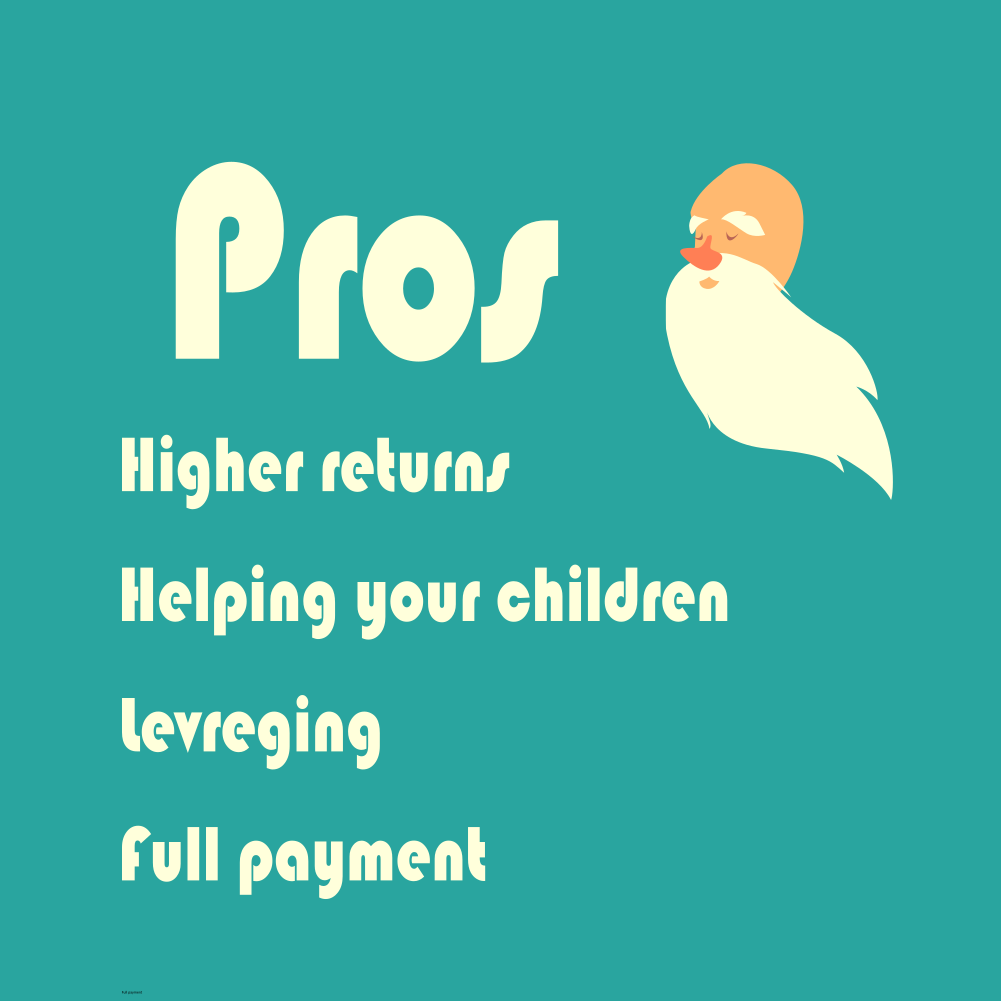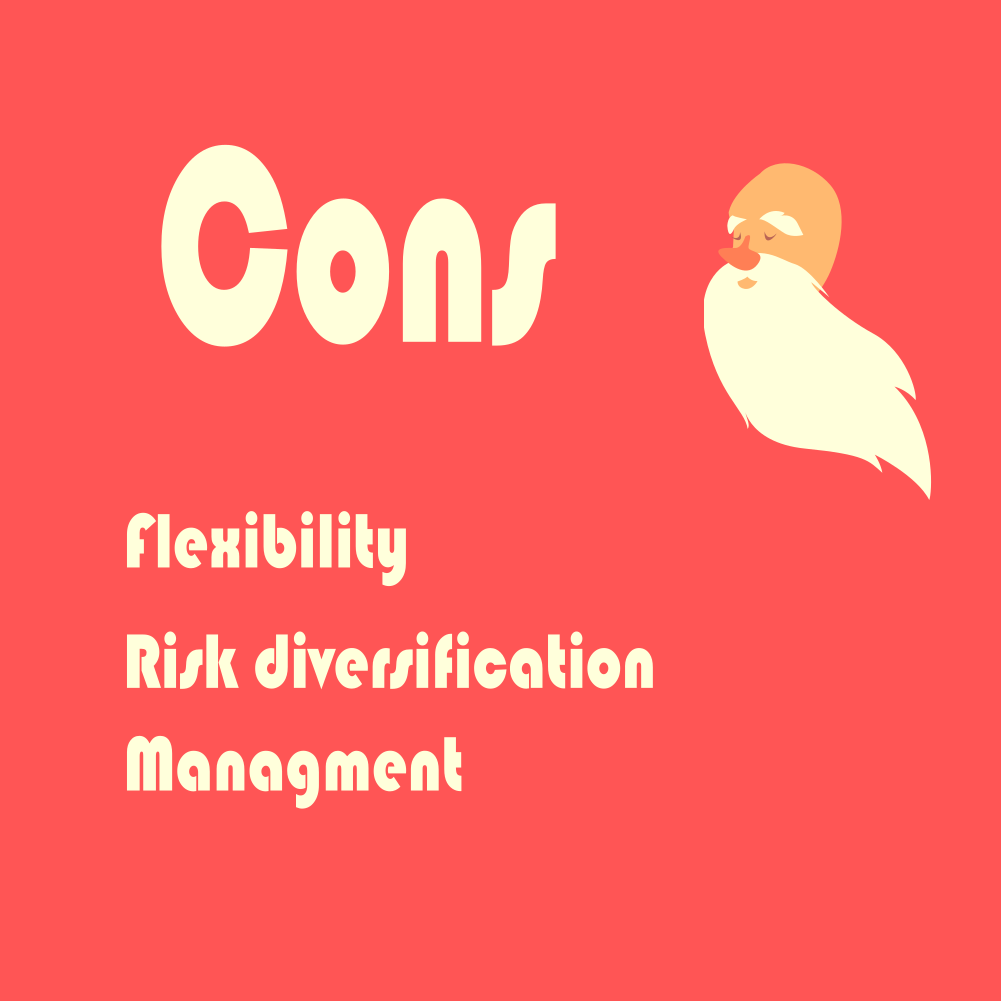[fusion_builder_container hundred_percent=”no” equal_height_columns=”no” hide_on_mobile=”small-visibility,medium-visibility,large-visibility” background_position=”center center” background_repeat=”no-repeat” fade=”no” background_parallax=”none” parallax_speed=”0.3″ video_aspect_ratio=”16:9″ video_loop=”yes” video_mute=”yes” overlay_opacity=”0.5″ border_style=”solid”][fusion_builder_row][fusion_builder_column type=”1_1″ layout=”1_1″ background_position=”left top” background_color=”” border_size=”” border_color=”” border_style=”solid” border_position=”all” spacing=”yes” background_image=”” background_repeat=”no-repeat” padding=”” margin_top=”0px” margin_bottom=”0px” class=”” id=”” animation_type=”” animation_speed=”0.3″ animation_direction=”left” hide_on_mobile=”small-visibility,medium-visibility,large-visibility” center_content=”no” last=”no” min_height=”” hover_type=”none” link=””][fusion_text]
Real estate professional column- Jerusalem Post December 2016
[/fusion_text][/fusion_builder_column][/fusion_builder_row][/fusion_builder_container][fusion_builder_container hundred_percent=”yes” overflow=”visible”][fusion_builder_row][fusion_builder_column type=”1_1″ layout=”1_1″ background_position=”left top” background_color=”” border_size=”” border_color=”” border_style=”solid” spacing=”yes” background_image=”” background_repeat=”no-repeat” padding=”” margin_top=”0px” margin_bottom=”0px” class=”” id=”” animation_type=”” animation_speed=”0.3″ animation_direction=”left” hide_on_mobile=”no” center_content=”no” min_height=”none” last=”no” hover_type=”none” link=”” border_position=”all”][fusion_text]
Real estate buyers in Israel can be divided into a few categories: The procrastinators – those who wait for prices to go down; the know it all, that bought before prices went up and “know” everything there is to know; the complainers- those who waited and waited and understand that they have no alternative so they buy and complain. My favorite group is the planners: those who are buying in order to take control of their financial future, and specifically their retirement.
In this article I’ll focus on buying real estate for retirement and compare it to investing in other pension options: pros, cons and practical advice.
Pros
- Higher returns: Real estate is not an inherently better investment, but the investing right in real estate can yield higher returns.
- Leveraging: Buying real estate allows you to leverage your capital to a larger investment. If you construct your mortgage correctly, it can match your retirement date.
- Full payment: In traditional pension schemes, your family receives only partial survivors’ benefits. With a real estate investment, the entire capital is passed on.
- Helping your children: It is a known fact that first time buyers rely more and more on their parents. Investing in real estate can achieve two goals:
1. Without going into details, due to mortgage regulations, parents who own two or more properties, can more easily help their children.
2. If you are planning on investing a major part of your saving in (your children’s’) real estate, then it is best to do it right away, and avoid unexpected price changes.
[/fusion_text][fusion_text]
Cons
- Flexibility: A real estate investment is not a flexible one. In case of an emergency or immediate need, it is very hard to utilize.
- Risk diversification: Apartments are expensive to come by, and often put all the buyers’ capital into one type of investment. It is always recommended to spread the risk, especially in large, long term investments.
- Management: Real estate management requires larger investment of time and attention time than a simple pension fund, which is managed by professionals.

[/fusion_text][fusion_text]
Recommendations
- Construct your mortgage so that the last payment matches the time of your retirement (or perhaps a bit sooner). In that way you guarantee that a new income replaces the loss of income at your retirement.
- Even if you think you don’t need a mortgage, it’s still a good idea to take one, and free up some of your capital for diversification purposes.
- Focus on current yield instead of speculative value gain. We don’t really know what will happen to prices, it’s best not to try and predict them. Exceptions to this rule are apartments in the beginning stages of TAMA 38/ Pinui Binui. Since this is a retirement investment, you have time to focus on the longer run.
- Buy an easy to manage property: All things being equal, easier to manage apartments are preferable. In reality, easier management often comes with a higher price tag or with lower returns. When buying a retirement investment, one should consider this factor seriously. In addition, I would even consider having a discussion with the next generation regarding managing the investment in the future.
- Investing in a decent renovation: many landlords, when faced with the necessity of renovating their properties, do the bare minimum. Because of the long duration of the investment, it eventually does pay off to do the renovation properly, even if it requires a larger investment.
- Tax planning: real estate investments and traditional pension funds do have tax implications. Moreover, these change over the years. It is highly advisable to consult with a tax/retirement specialist, and to factor these into the planning of your investment policy.
- Security cushion: Buyers who rely on the income from real estate investments to pay their bills, should assume that in some months the apartment won’t be rented. To deal with this I suggest setting aside a deposit worth 4 months of rent, for these rainy days.

[/fusion_text][/fusion_builder_column][/fusion_builder_row][/fusion_builder_container]